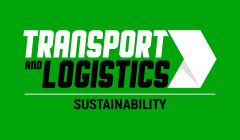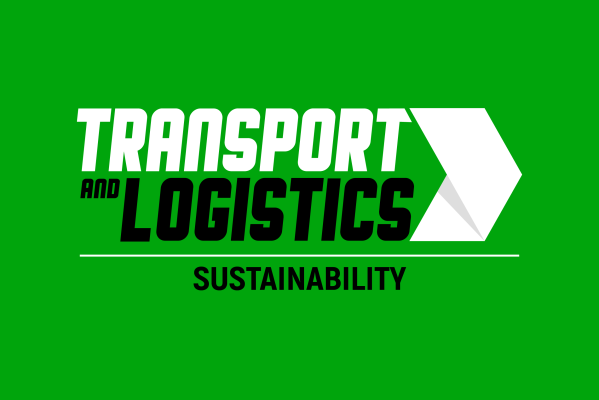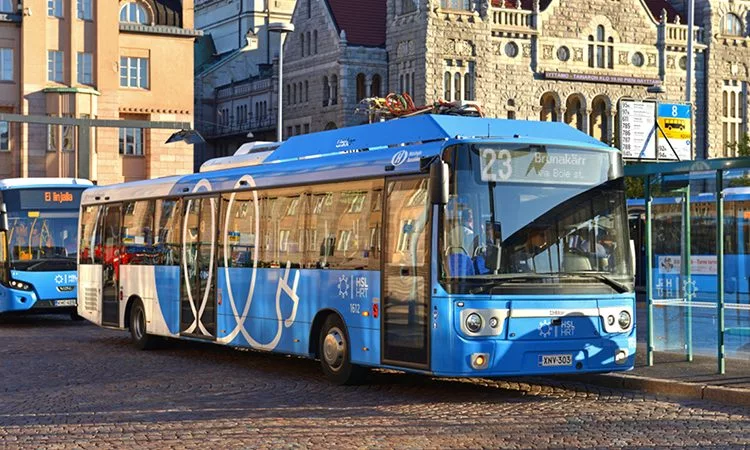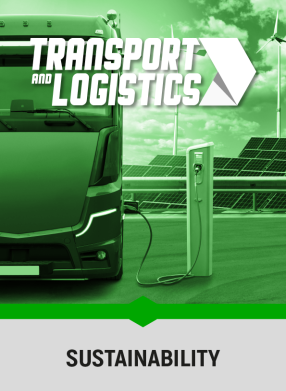The European Commission has published its proposals for future CO2 standards for trucks and buses over the next two decades. The key proposals are that CO2 emissions would reduce on average compared to 2019 levels by:
• 45% from 1 January 2030
• 65% from 1 January 2035
• 90% from 1 January 2040 onwards
New city buses will have to be 100% zero-emission from 2030.
“It will be for manufacturers to decide which technologies they use to achieve these targets, eg electrification, hydrogen fuel cells or hydrogen in internal combustion vehicles,” said the proposals.
However, hopes that renewable and low-carbon fuels for road transport have a viable future are dashed by the Commission’s specifically identified determination to divert these resources to the aviation and marine sectors, despite their ability to use well-established technical and fuelling infrastructure.
Certain heavy-duty vehicles will be exempt from being counted towards manufacturers’ average specific CO2 targets. The full list is:
• small volume manufacturers (defined as up to 100 vehicles registered)
• vehicles used for mining, forestry and agricultural purposes
• vehicles designed and constructed for the use by armed forces and track-laying vehicles
• vehicles designed and constructed or adapted for use by civil protection, fire services and forces responsible for maintaining public order, or urgent medical care
• vocational vehicles, such as garbage trucks
The latter is interesting given that RCVs have been at the vanguard of electrification. There’s currently no indication of what other vehicles will be considered as vocational. In addition to the new targets for powered vehicles, trailers will now be included in the scope of CO2 reduction targets, although no specific figures have been seen.
While still to fully analyse the proposals, the manufacturers’ organisation ACEA has some reservations, particularly over their lack of co-ordination with the recent Euro-7 proposals.
It warns that Euro-7 should not divert attention away from the transition to climate neutrality, and should be consistent with the investment needed for CO2 standards.
Transport and Logistics Magazine | The Home of Transport Industry News












